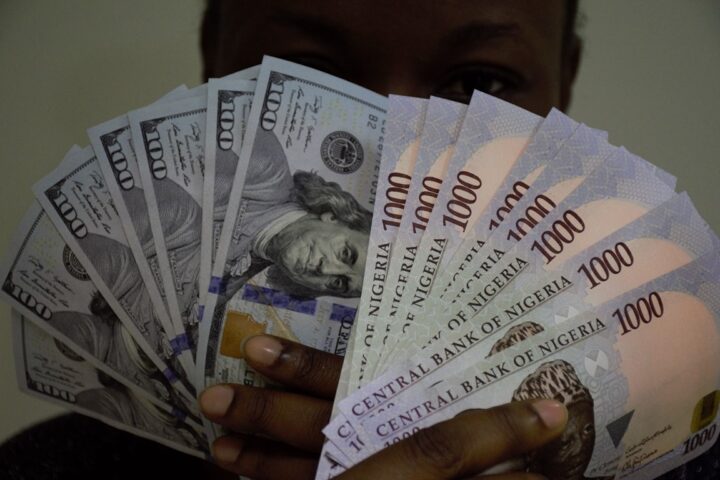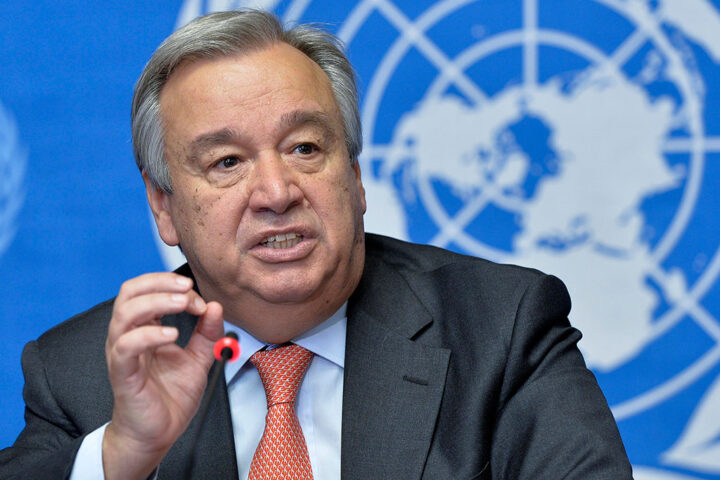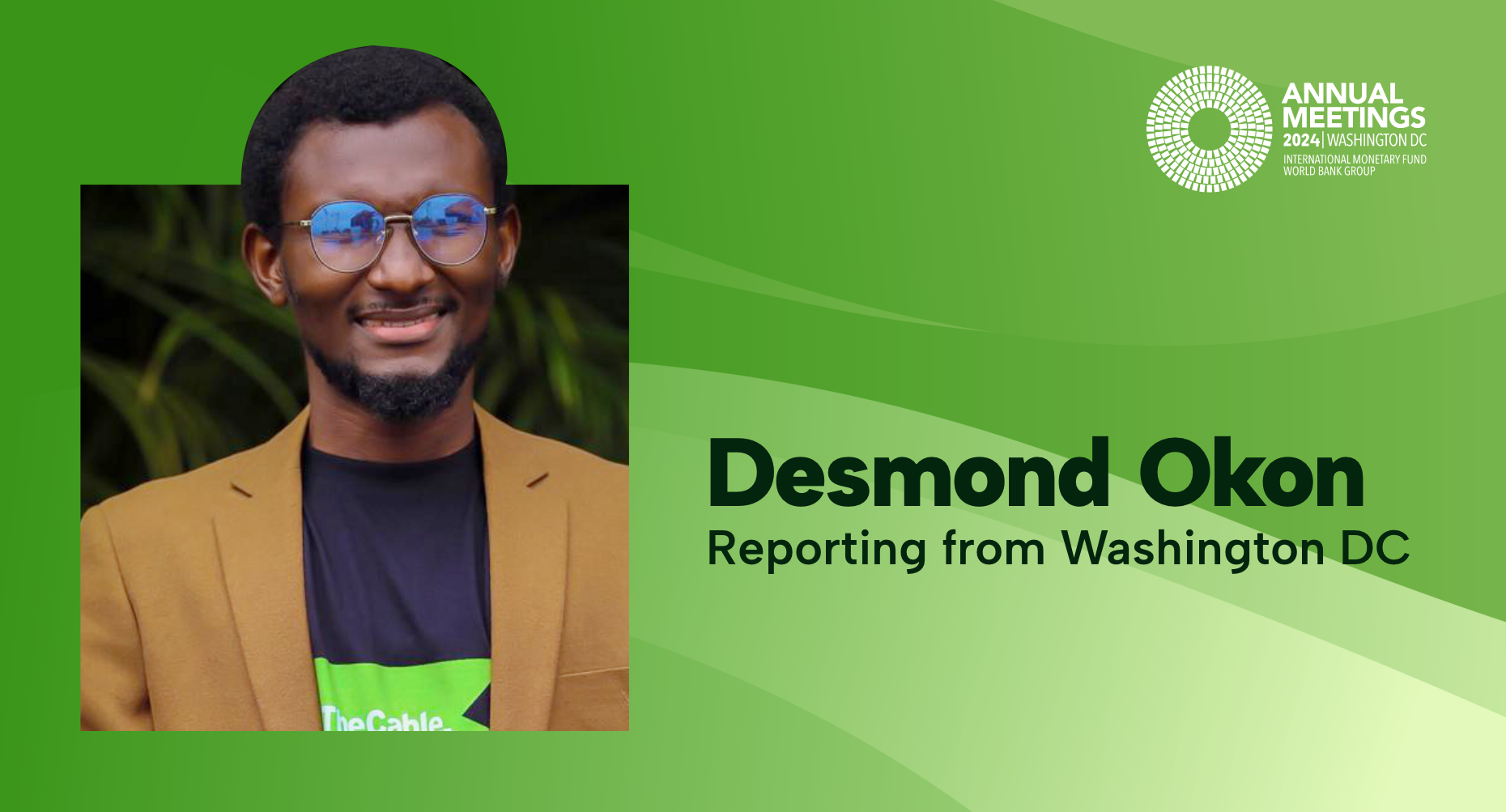Here are the seven top business stories to track this week — April 15 to April 19.
EMIRATES TO RESUME FLIGHT OPERATIONS TO NIGERIA SOON
Festus Keyamo, minister of aviation and aerospace development, says Emirates Airlines is prepared to resume flight operations to Nigeria.
Keyamo spoke during an interview on Arise television on April 8.
Advertisement
Keyamo said the first announcement over the proposed resolution between the United Arab Emirates (UAE) and Nigeria was hastily done — dismissing claims that it was fake news.
The minister said he has received a letter from the airline confirming that all the issues have been resolved and is prepared to resume flights.
CBN STOPS BANKS FROM USING FOREIGN CURRENCIES AS COLLATERAL FOR NAIRA LOANS
Advertisement
The Central Bank of Nigeria (CBN), on April 8, directed all banks to stop the use of foreign currency-denominated collaterals for naira loans.
The action which took immediate effect, was done after CBN observed bank customers’ use of foreign currencies as collateral for naira loans
To this effect, the regulator directed banks to trim all existing loans with foreign currency collaterals to 90 days or attract a 150 percent capital adequacy ratio computation as part of the bank’s risk.
BDCs BUY FX AT N1,101/$
Advertisement
CBN has started selling foreign exchange (FX) to bureau de change (BDC) operators at the rate of N1,101/$.
The apex bank announced this in a circular titled ‘Sales of FX to Meet Retail Market Demand For Eligible Invisible Transactions’, dated April 8, and addressed to the president of the Association of Bureau De Change Operators of Nigeria (ABCON).
The development comes less than a month after the announcement of the second dollar allocation to BDCs on March 25.
The regulator instructed each BDC operator to sell the dollars to eligible customers at a rate not exceeding 1.5 percent above the purchase price.
Advertisement
‘ELECTRICITY TARIFF WILL REDUCE IF FX DROPS’
Adebayo Adelabu, minister of power, says electricity tariff will be reduced if the foreign exchange (FX) rate drops below N1,000.
Advertisement
On April 3, the Nigerian Electricity Regulatory Commission (NERC) approved an increase in electricity tariff for customers under the Band A classification.
The regulator had said customers under this category receive over 20 hours of electricity supply daily, and will now pay N225 per kilowatt (kW) from April 3 — up from N66.
Advertisement
Meanwhile, Adebayo said by cutting the inefficiencies of some operators in the sector, coupled with the gains by the naira against the dollar, the tariff paid by Nigerians should change positively
NAIRA COULD SOON TRADE BELOW N1,000/$
Advertisement
Goldman Sachs Group Inc. says the naira could extend gains to trade below N1,000 to the dollar.
On March 10, the financial institution said the local currency would appreciate to N1,200 per dollar within the next 12 months.
But in an interview with Bloomberg on April 12, Andrew Matheny, an economist at Goldman Sachs, said the greenback could further trade below the projected N1,200.
FALLING DIESEL PRICES CAN HELP BRING INFLATION DOWN
Aliko Dangote, the richest man in Africa, says the drop in the retail price of automotive gas oil, also known as diesel, can help bring inflation down.
Dangote spoke to journalists on April 10 during his visit to President Bola Tinubu in Lagos.
He said there has been considerable economic progress recently, indicating the country is on the right path.
The businessman said reducing the cost of diesel from N1,650 to N1,200 would make a lot of difference, potentially helping to immediately lower inflation rates.
NIGERIA’S OIL OUTPUT DROPS BY 6%
The Organisation of Petroleum Exporting Countries (OPEC) says Nigeria’s average daily crude oil production dropped to 1.23 million barrels per day (bpd) in March 2024.
OPEC disclosed this in its monthly oil market report released on April 11.
The oil alliance said the production data was based on direct communication with Nigerian authorities.
OPEC receives data on crude oil production from two sources: direct communication — which is from members of the group; as well as secondary communication, such as energy intelligence platforms.
Add a comment






